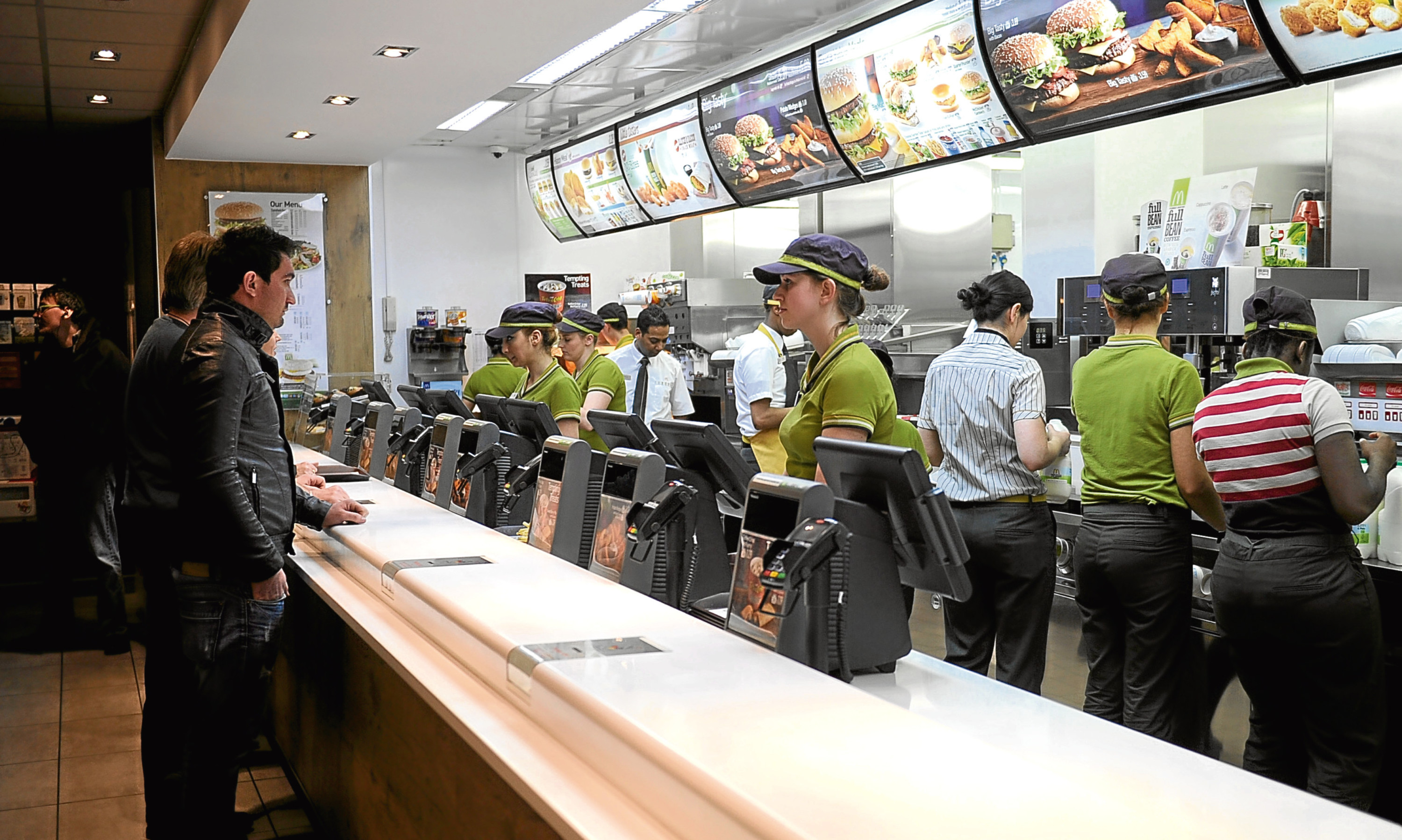Zero-hour contracts are the Marmite of working regimes.
Many people instinctively dislike them as they appear to place the power in the hands of the company and not the individual, but others argue they offer the freedom and flexibility some require to juggle other priorities, not least childcare, in their lives.
I am one of those with an instinctive distrust.
I have been employed full-time for nigh on 20 years and I cannot imagine being in a situation where I don’t know what I am doing from day to day or week to week and don’t know what my wage slip will register at the end of the month.
The Taylor Review is looking at the pros and cons of zero-hour contracts in the UK and the use of other emerging practices within the labour market.
One in particular, the regular use by companies of supposedly self-employed workers, allows firms to avoid making staff benefit payments such as for sickness absence, maternity or paternity and pension contributions.
That’s a loophole that is likely to be closed after the Taylor Review reports in the coming months.
But I wonder what the final judgment will be on zero hours and, more importantly, whether the review’s recommendations will be implemented in full by the government at the end of the day. Take McDonalds as an example of a well known employer that offers zero-hour contracts.
UK chief executive Paul Pomroy told the BBC this week that it had reviewed the practice following feedback from staff who said they needed permanent hours to allow them to sign up for mobile phone and car loan contracts – even mortgages.
The fast food chain’s response was to offer so-called “fully flexed” contracts which give the employee the option to remain on zero hours or move to some form of permanent hours.
The response to that change was interesting and will, no doubt, have given Mr Taylor food for thought before he makes his final report recommendations.
Of those offered permanent over zero hours, the take up rate was just 20%.
If Theresa May is, as expected, returned to power in early June and emboldened by an increased majority, the likelihood is the government will be minded to take on the giants of the city and White Van man alike.
But it is not inconceivable that the whole issue could be kicked into the long grass given the enormous impact that reforming and reworking zero-hour contracts, which are regularly used by around a million people across the UK, will inevitably have on the economy.
In ‘normal’ times that may be a pill worth swallowing but in a time of such economic tumult as we are going through right now with Brexit, will the government have the stomach to push through such mass reform?
ghuband@thecourier.co.uk
